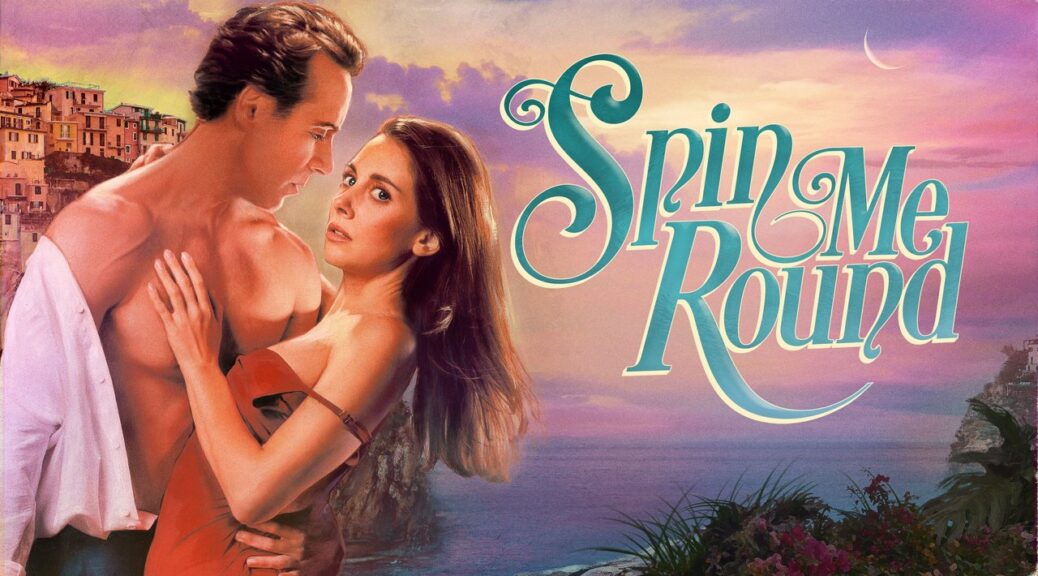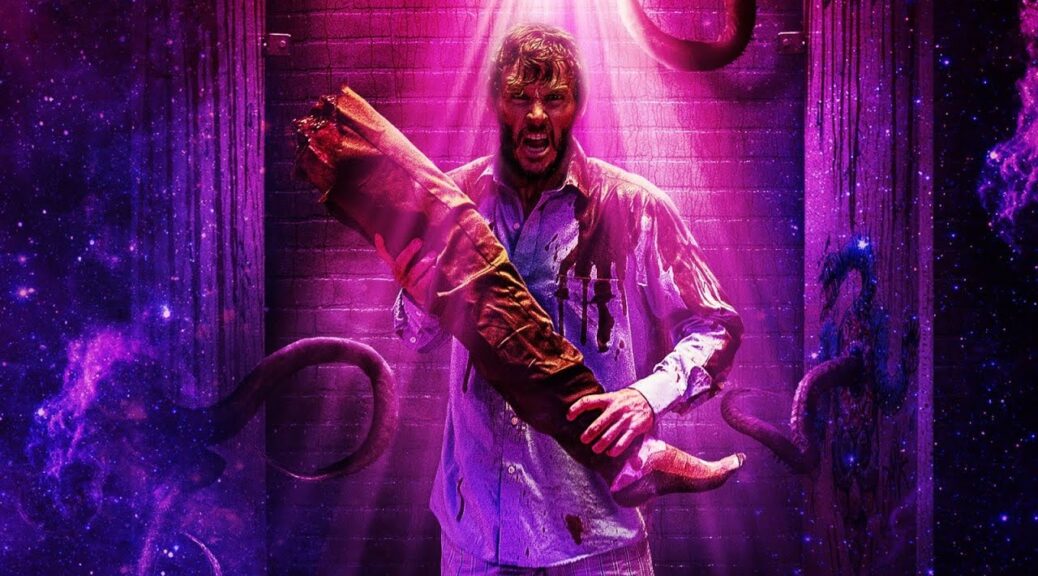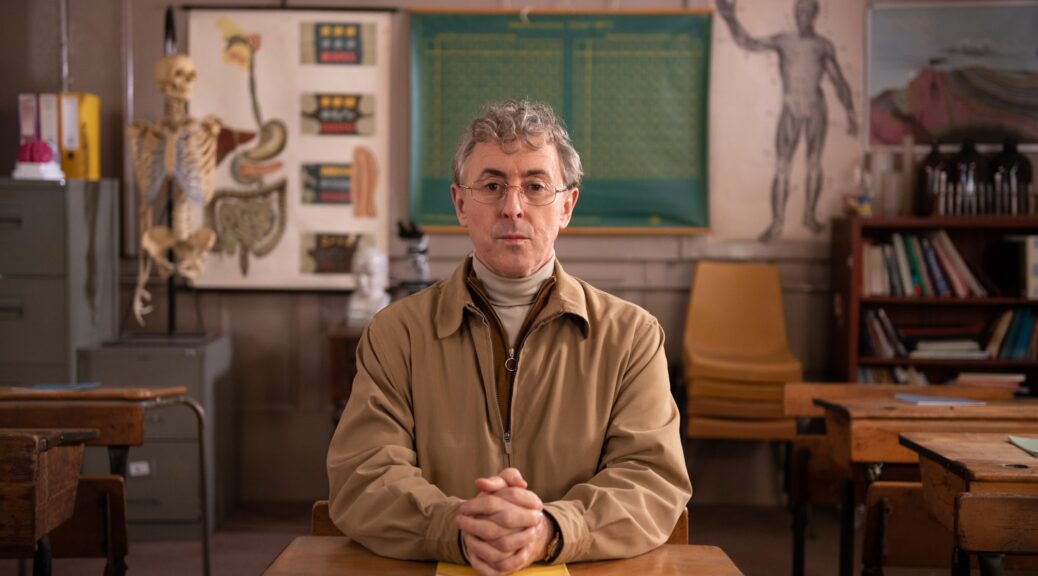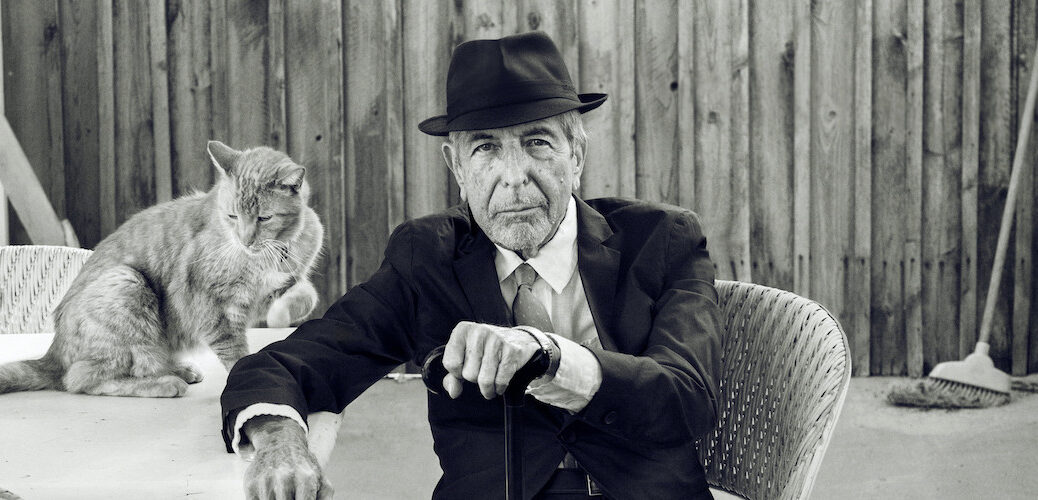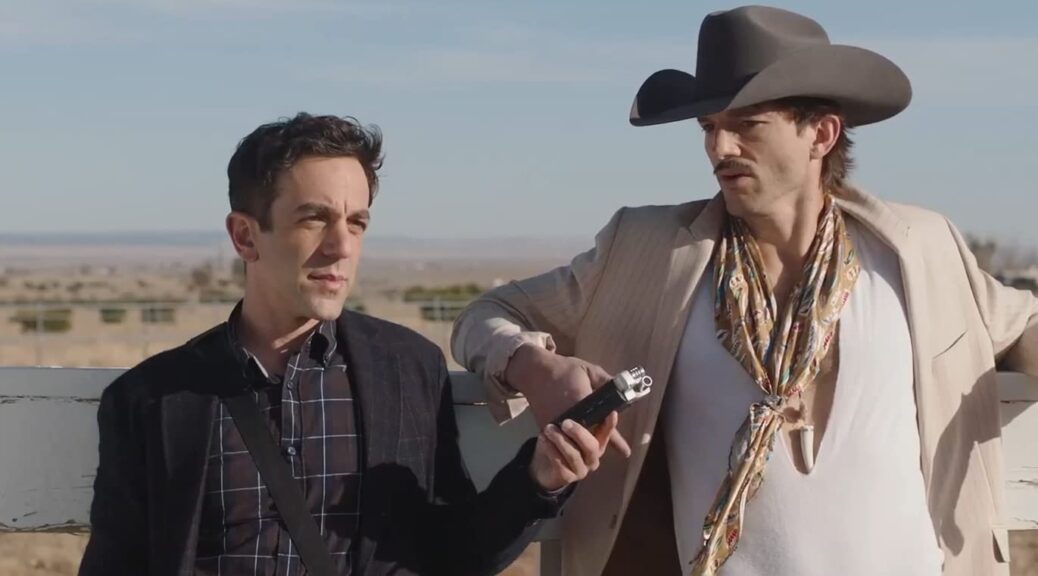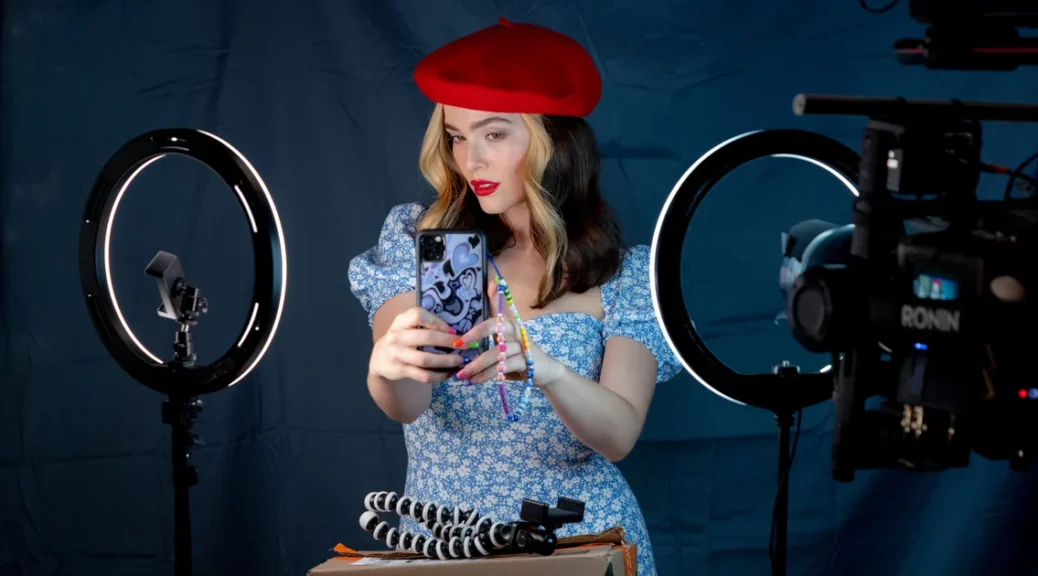Three Thousand Years of Longing
by Hope Madden
The logic seems inarguable. If Idris Elba wants to be in your movie, you say yes. If Tilda Swinton wants to be in your movie, you say yes. If both of them want in? You dance a jig.
To be sure, Swinton and Elba are excellent in George Miller’s new fantasy Three Thousand Years of Longing. Swinton is Alithea, a self-satisfied, hyper-intelligent, solitary creature who finds connection to her fellow humans through stories. She’s a narratologist. She studies stories, their structure and their meaning.
Elba is a djinn, a supernatural force Alithea has unintentionally let out of his bottle. He has some stories to tell. He is a maelstrom of weary tenderness and raw emotion, a wonderful balance of wisdom and naivete. Swinton’s chilly reason and childlike curiosity make a similar balance, and the two together are a delight.
Miller hasn’t made a film since his 2015 masterpiece Mad Max: Fury Road, and those are big boots to fill. His new effort looks gorgeous, as Elba spins yarns of his previous wish fulfillment mishaps across time.
Miller’s storytelling here is fanciful but meaningful. He is exploring storytelling, what it means to write your own story, and how authentic and original storytelling transports you. In this case, it transports Alithea from her modest hotel room to palace intrigue, battlefields and lustful chambers.
Both actors — two of the most talented and versatile working today — breathe life, love and dimension into their characters. It seems effortless, the way they make you believe them: two beings long resigned to being alone, slowly awakening to like-minded company.
They’re so good you can almost forget that they are playing the literally magical negro and the white heroine his magic helps on her journey. It’s a trope I think we all hoped was dead by now, but the truth is that the only way to avoid this trope with this particular film would be to deprive us of Elba, Swinton, or both.
It’s a conundrum and not the only flaw in the tale. The act three romantic plot feels a bit forced, though charming. Where Miller really succeeds is in delivering a layered consideration of the power and wonder of stories—even in the land of artless blockbusters, sequels and superheroes; even in an era of content creation.
It’s not a masterpiece and it falls into some old-school storytelling traps, but Three Thousand Years of Longing offers much originality and two undeniable performances.




